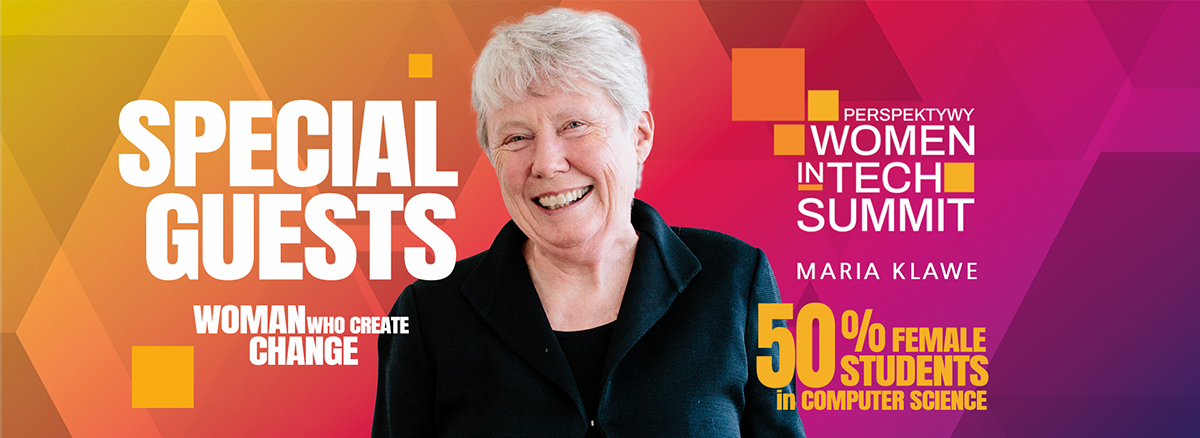Maria Klawe
The president of Harvey Mudd College (California), a computer scientist
She has achieved something everyone thought impossible: she increased the share of women in computer science studies from 30% to 50!
A professor of maths and computer science who not only speaks about the need to increased women’s share in STEM but also takes very concrete steps towards it. Suffice to say that when she was the Dean of Sciences at the University of British Columbia (Canada), in just four years she increased the number of women studying computer science from 16 to 27 percent. At the university she manages now– the American Harvey Mudd College (California), offering science and engineering education – thanks to her efforts women make up 45 percent of the students and 40 percent of the academic staff! Meet Maria Klawe (1951) – the first female president of Harvey Mudd College, a scientist and speaker who has lectures advocating for diversity in STEM at many international conferences in USA and Canada.
She was born in Canada, spent her childhood in Scotland, and today she is a naturalised USA citizen. She studied at the University of Alberta in Canada, where she received her first PhD, in mathematics. The second one, in computer science, she got at the University of Toronto.
In her professional career she not only had success as a researcher (she took interest in such subjects as functional analysis, discrete mathematics, theoretical computer science), but also as an administrator (before becoming the president of Harvey Mudd College in 2006, she was a dean at, among others, the University of British Columbia and Princeton) or in industry (she spent eight years at the IBM Almaden Research Centre in San Jose, first as a scientist, than as the manager of the Discrete Mathematics Group).
Klawe is known for her opinions on diversity in STEM. She lectured on the subject at the biggest conferences and international science symposia in USA and Canada. She also shared there some solutions that allowed her to increase the number of women studying at the university she manages since 2006 to 45 percent, starting at just… 10 percent! The Harvey Mudd College under her management joined the STEMM Opportunity Alliance, an initiative run by the American Association for the Advancement of Science with the aim of making the equality in science a state priority and transforming the American STEMM ecosystem (science, technology, engineering, mathematics, medicine). Maria Klawe (as one of the four panellists) was invited to deliver a speech on the efforts of Harvey Mudd to increase diversity in STEM at the STEMM Opportunity Alliance White House Summit on STEMM Equity and Excellence (12 December 2022) in Washington.
Klawe has received many awards and honours, e.g., 2014 Women of Vision ABIE Award for Leadership, award for lifetime research from the Canadian Association of Computer Science (2015), the American Association of University Women award, the Computing Research Association’s 2016 Distinguished Service Award, and the Academic Leadership Award od Carnegie Corporation of New York (2017).
Rektorka, Harvey Mudd College (Kalifornia), computer scientist
Zrobiła coś, o czym wszyscy myśleli że jest niemożliwe: zwiększyła udział studentek na kierunkach informatycznych z 30% do 50!
Profesorka matematyki i informatyki, która o konieczności zwiększenia udziału kobiet w dziedzinach STEM nie tylko mówi, ale też bardzo konkretnie w tym kierunku działa. Dość nadmienić, że gdy była dziekanką wydziału nauk ścisłych na Uniwersytecie Kolumbii Brytyjskiej (Kanada), w ciągu zaledwie czterech lat zwiększyła liczbę kobiet na kierunkach informatycznych z 16 do 27 procent. Na obecnie zarządzanej przez nią uczelni – amerykańskim Harvey Mudd College (Kalifornia), kształcącym w naukach ścisłych i inżynierskich – dzięki jej staraniom kobiety stanowią 45 procent studentów i 40 procent kadry akademickiej! Poznajcie Marię Klawe (1951) – pierwszą kobietę prezydent Harvey Mudd College, naukowczynię i prelegentkę występującą z wykładami na rzecz różnorodności w STEM na wielu międzynarodowych konferencjach w USA i Kanadzie.
Urodziła się w Kanadzie, dzieciństwo spędziła w Szkocji, a dziś jest naturalizowaną obywatelką USA. Studiowała na kanadyjskim Uniwersytecie Alberty, gdzie uzyskała swój pierwszy stopień doktora – z matematyki. Drugi doktorat – z informatyki – zdobyła na Uniwersytecie w Toronto.
W swojej karierze zawodowej odnosiła sukcesy nie tylko jako badaczka (interesowała się m.in. analizą funkcjonalną, matematyką dyskretną, informatyką teoretyczną), ale też na stanowiskach administracyjnych (zanim w 2006 r. została prezydentką Harvey Mudd College, pełniła funkcje dziekanki – m.in. na Uniwersytecie Kolumbii Brytyjskiej i Uniwersytecie Princeton) czy w pracy w przemyśle (osiem lat spędziła w Almaden Research Center IBM w San Jose, najpierw jako naukowczyni, następnie jako kierowniczka Grupy Matematyki Dyskretnej).
Klawe jest znana ze swoich poglądów na temat różnorodności w obszarze STEM. Wykłady na ten temat wygłaszała na największych konferencjach i sympozjach międzynarodowych w USA i Kanadzie. Dzieliła się tam m.in. rozwiązaniami, które pozwoliły jej samej sprawić, że kierowana przez nią od 2006 r. uczelnia zwiększyła liczbę studiujących kobiet do 45 procent, startując od wyniku zaledwie… 10 procent! Zarządzany przez nią Harvey Mudd College dołączył do STEMM Opportunity Alliance, inicjatywy prowadzonej przez American Association for the Advancement of Science i mającej na celu uczynienie równości w dziedzinach naukowych priorytetem państwowym oraz przekształcenie amerykańskiego ekosystemu STEMM (ang. science, technology, engineering, mathematics, medicine). Maria Klawe (jako jedna z czwórki panelistów) została zaproszona do wygłoszenia przemówienia na temat wysiłków Harvey Mudd w celu zwiększenia różnorodności w STEM podczas inauguracji STEMM Opportunity Alliance w Białym Domu na Szczycie Równości i Doskonałości STEMM (12 grudnia 2022) w Waszyngtonie.
Klawe jest laureatką licznych nagród i wyróżnień, m.in. 2014 Women of Vision ABIE Award for Leadership, nagrody za całokształt badań od Canadian Association of Computer Science (2015), nagrody American Association of University Women, nagrody Computing Research Association’s 2016 Distinguished Service Award i Academic Leadership Award od Carnegie Corporation of New York (2017).









